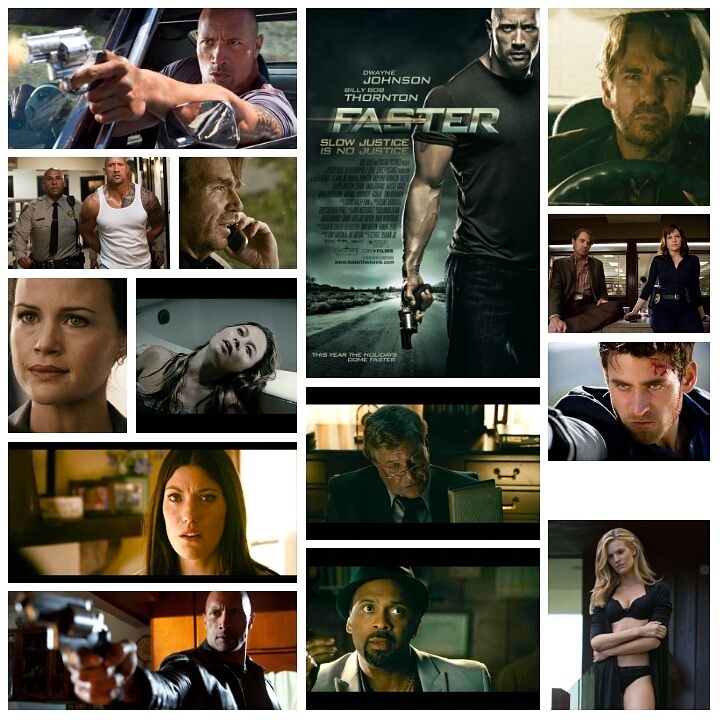
Stunning. Sensational. Complex. Deeply heartbreaking. Surprisingly romantic. The creators of The Haunting Of Hill House have done it agin with The Haunting Of Bly Manor, a lush, emotional, Victorian Gothic puzzle box of human drama, tragedy, memories that won’t die and yes, horror too although there’s less of it this time round. As one character remarks, “this is a love story, not a ghost story.” It’s true, and while Netflix hasn’t marketed it as such, if you go in expecting a romantic tragedy instead of full on horror like Hill House (think Guillermo Del Toro’s Crimson Peak) you’ll absorb the material with a clearer, fairer palette.
Our story starts as young American nanny Dani Clayton (Victoria Pedretti) journeys from London to Bly Manor in the countryside, hired by nervous, boozy Henry Wingrave (Henry Thomas, dutifully flaunting a posh dialect he’s clearly worked hard on) to look after his young niece Flora (Amelie Bea Smith) and nephew Miles (Benjamin Evan Ainsworth). Henry keeps well clear of Bly and the two children, content to wallow in his fancy London office, always at the bottom of a bottle for painful reasons we later are privy too. There she meets various complicated and, well written and flawlessly acted characters including tomboy gardener Jamie (Amelia Eve), stoic housekeeper Mrs. Grose (T’Nia Miller), lovable cook Owen (Rahul Kohli) and the black sheep among them, Henry’s shady, maladjusted valet Peter Quint (Oliver Jackson Cohen). Bly Manor itself, referred to in baroquely quaint terms by several characters as “a great good place,” is a world away from the omnipresent shadows, oppressive blue hued austerity of Hill House. Bly is rich, ornate, painted in deep chestnut browns, opulent dollhouse purples (the 80’s setting is proudly reflected in colour here) and the grounds adorned in brilliant green topiary, verdant meadows and beautiful rose gardens.
Now, my favourite part: the story. As told by a mysterious, wistfully mournful narrator played by the always brilliant Carla Gugino, this is a very dense, layered arrangement of interweaving love stories and subsequent tragedies, several ghosts and a host of human beings who all feel real, full of life and vitality and whose pain is shared greatly by the audience because of how excellently character development is cultivated, performance is calibrated and episodes are spun together on a loom of effortlessly fluid storytelling. Pedretti is a wonder as Dani, luminous and charismatic but one can see in her wide, drawn eyes and flighty mannerisms she has a painful past. Past and memory are important themes here, and every character, even the one painted as a flagrant villain, has something in their past that haunts them, causes them pain and dictates the choices they make in our narrative. Thomas is achingly restrained as Uncle Henry, Kohli raw and potent especially in an affecting campfire monologue that encapsulates everything we know, feel and wonder about life and death in one pure utterance. The two children are superb in quite difficult roles that require them to change tone, pitch and mood quite frequently. This story reminded me of those staircases in Harry Potter that continually shift their angles and pitch people out into unfamiliar hallways without warning. This narrative does the same for its characters, trapping them in ‘tucked away’ memories that seem arbitrary at first until you realize it’s for them to come to some realization or epiphany. I love that sort of reality melding, spaced out storytelling that uses memory and the mind in a literal sense and setting, it’s used to fantastic effect here and the story, while structured similarly as Hill House, is its own nesting doll narrative full of complexity and shifting components. Is it scary? Well, aside from a few effectively chilly moments no, not really, and nothing comes close to some of the skin crawling sequences in Hill House. But like I said, it’s more of a human story with life in its veins, and the most disturbing, distressing elements are the emotional rigours these human beings must endure, the torment that memory can inflict, the potent pain of a deep heartbreak, the deep wounds that grief imprints on one’s soul and the ways in which some may find redemption and others… not so much. It’s a tough, emotionally devastating tale and especially so for those who feel deeply and get invested in story and character, it takes its toll. But it’s a gorgeous, challenging, complex, beautifully rewarding experience in the same token, and I’m grateful to Mike Flanagan & Co for doing something equally as spellbinding as Hill House, yet cut from a different sort of cloth altogether. If this were a nine hour film (which is how I recommend you view, it demands to be binged in rapturous immersion) it would be my number one of the year.
-Nate Hill



